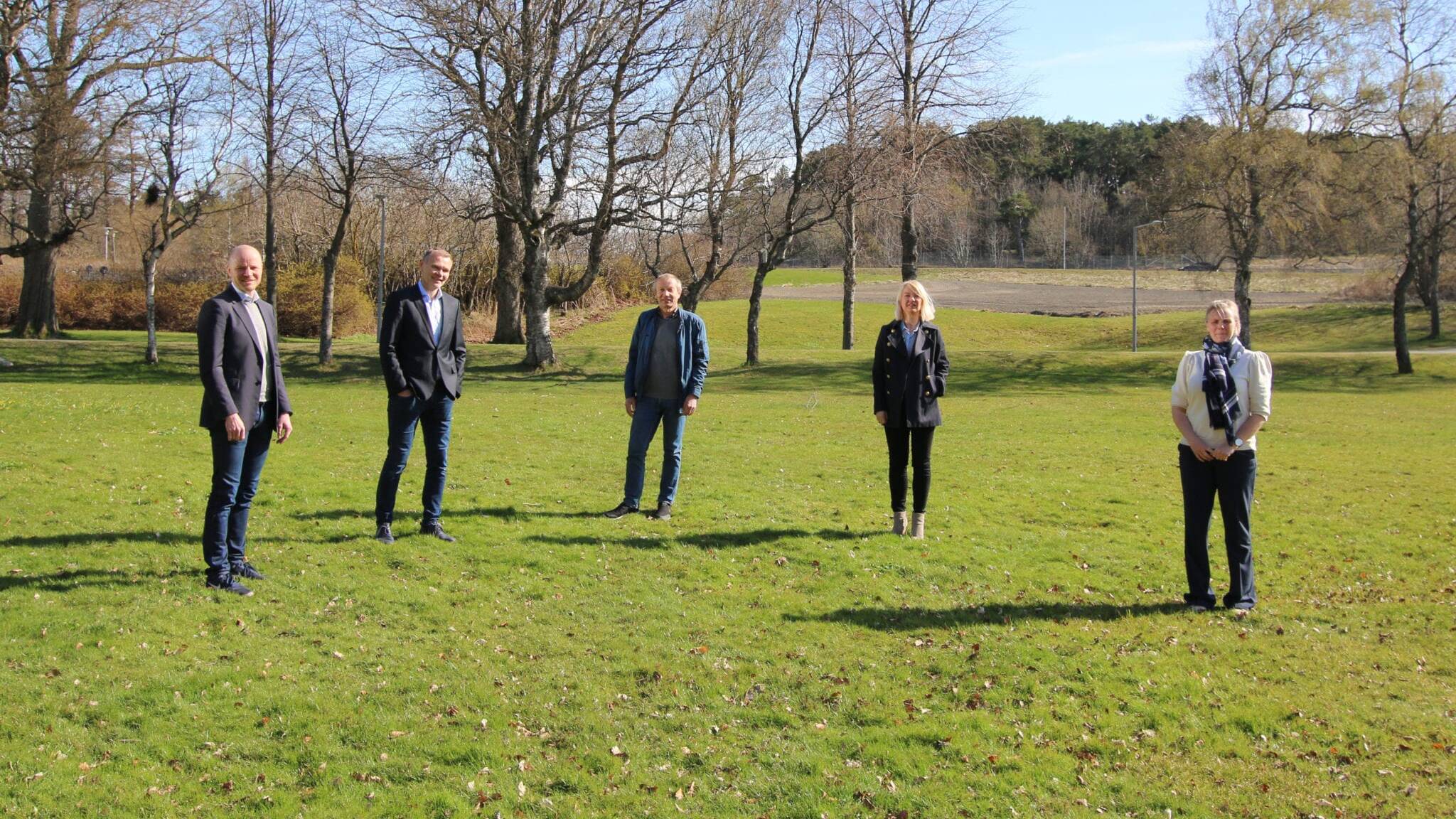Ren Røros, TrønderEnergi, Equinor and Powel are teaming up to create a large-scale test arena for new energy and climate technology and innovative energy systems – at Røros.
The locals in Røros, Norway can become “green test pilots”, and contribute to lower electricity bills for themselves and better energy solutions for others, when the unique large-scale project “Ren Respons” is launched in May. Ren Respons will last three years and has a budget of NOK 30 million. Enova contributes approximately NOK 11 million.
The resulting knowledge gained from the project is expected to have a major impact on climate and the environment, as it can help to form a more flexible energy system that makes renewable energy accessible to the sectors that need to be electrified.
A number of different players, including local ones, have been invited to be technology partners in the project, where smart home solutions, electric car chargers, batteries and new solar cell technology will be installed.
The goal is to create a local energy system that is open to many technology providers.
A unique opportunity for climate-friendly growth
The knowledge gained from the project as well as more renewable power generation and continuing electrification of the transport sector will contribute to reduced greenhouse gas emissions and less need for upgrades to the power grid.
– This is a unique opportunity for further climate-friendly growth for Røros as a region and Ren Røros as a company. In addition, it will probably mean a lot to local industry and have a positive impact on our existing power system, says Arnt Sollie, CEO of Ren Røros AS.
“Ren Respons” is a collaboration between Ren Røros, TrønderEnergi, Equinor and Powel.
The goal is to achieve a more efficient use of energy and flexibility for the consumer, as well as contribute to improved security for the supply chain. This is to be achieved by developing forward-looking, “green” and short-term energy solutions. Powel will supply a technology platform that ensures that the system optimizes energy use and energy production, while the energy players in the project develop new business models. This multidisciplinary initiative is not new to Powel. They became part of the Volue Group in March, which aims to become a leading technology supplier for the shift towards green energy in Europe.
– It’s exciting to be part of creating innovative local energy systems with the end consumer in focus. Powel has a long tradition of contributing to the optimal utilization of energy resources and efficient power grids. The project aims to reduce climate emissions and we look forward to actively participating with our expertise and IT solutions to make this possible, says Trond Straume, CEO of Volue.

From the left: Stein Danielsen, Head of Innovation, Powel AS – Arnt Sollie, CEO, Ren Røros AS – Klaus Livik, Chief Strategist, Powel AS – Hanne Wigum, Manager Wind & Solar Technology, Equinor – Gøril Forbord, CTO, TrønderEnergi AS. Photo: Toril Hegstad, Powel.
Smart house and electric car charging
TrønderEnergi looks forward to the interdisciplinary collaboration in Ren Respons.
– It’s a strong team that has come together. The first goal is to make Røros greener and gain knowledge from the process. We have a clear ambition that the project will result in concrete and more energy-efficient solutions, which can be used commercially, says CEO of TrønderEnergi, Ståle Gjersvold.
Enova has supported several other projects around Norway, which is focusing on building an energy system for the future.
– We need this, to be a continuing low-emissions society with economic growth and good living conditions throughout the country. Through this project we get another exciting opportunity. There is a professional consortium behind it, and by using Røros with its grid and harsh climatic conditions as the test arena, the technological solutions will get properly tested. This way we’ll gain knowledge that can benefit society, says Marketing Director Øyvind Leistad at Enova.
– We see this as a unique opportunity to test new technology under real conditions. The partnership consists of compelling players who together can develop new and future-oriented energy solutions, concludes Hanne Wigum, Manager Wind & Solar Technology at Equinor.
Lower electricity bills
The locals in Røros will be a central partner when the solutions are to be rolled out, and electricity bills are expected to be reduced. Due to Røros’s distinctive urban environment, stringent demands are placed on care and “no visual clutter”. In addition to the climate and environmental impact, the project can also help reduce society’s costs for grid development.
About the partners in the consortium
Ren Røros is a power supplier with several business areas in the energy chain. The project will strengthen its position and provide the basis for offering a sustainable, robust and efficient energy system locally and the opportunity to offer products and services in a larger market.
Equinor is investing heavily in new, renewable energy technologies. Innovation in this field requires good testing areas and close interaction with complementary energy suppliers and clients. This makes the project and Røros as a test area very valuable for this development.
TrønderEnergi has a strategy that addresses new energy services and new business models for further growth and participation in the change towards more climate-friendly technologies. With the aid of technology in this project, they will develop concepts and new services for further “green” growth.
Powel develops and delivers digital solutions to energy players in an international market, largely based on development and testing in collaboration with Norwegian energy companies. They focus on innovation and demonstration of digital solutions for the next generation of local energy systems. Powel is part of the Volue Group, which consists of the companies Wattsight, Powel, Markedskraft and Scanmatics.